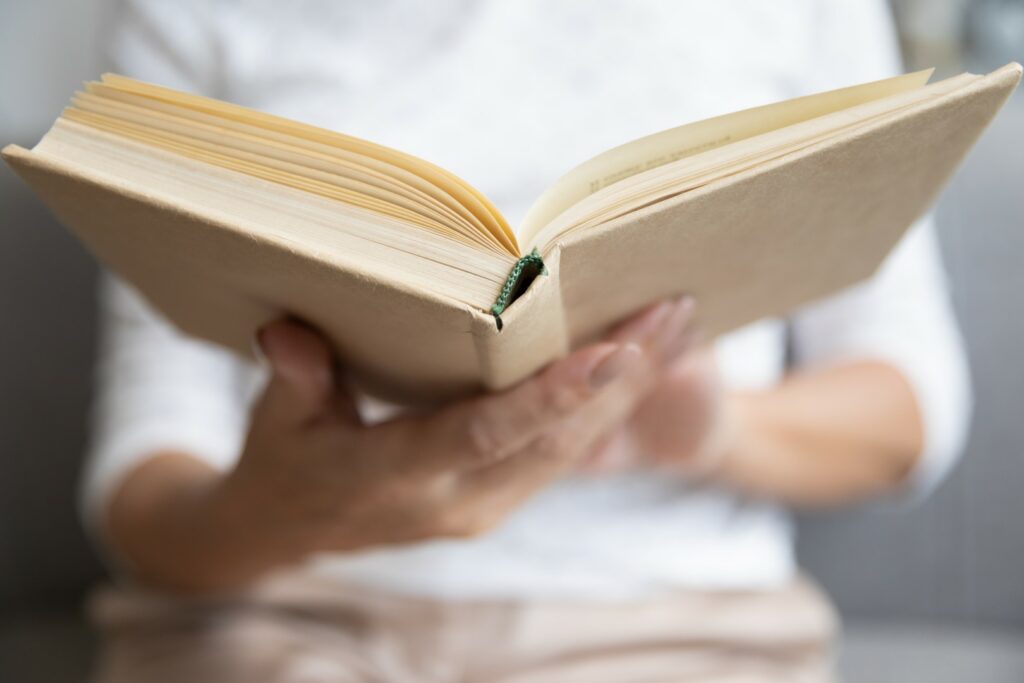Is Islam the white whale of French literature?
Is Islam the white whale of French literature?
Literature fearing a Muslim takeover of France has recently been on the rise. Our analyst Muhammad Faisal Khalil looks at why.
This weekly comment was written by Muhammad Faisal Khalil and reflects his personal analyses and opinions, rather than those of EARS.
The issue of the unfair media representation of Muslims in Europe has received growing attention, such as with the publication of 2021 ‘Missing and Maligned: The Reality of Muslims in Popular Global Movies’.[1] Very little has been done, however, to understand how Muslims are represented in contemporary European literature. Developments during the current French presidential campaign make this task urgent.
The 2022 and 2027 French elections
Closely following the forthcoming election, Michel Houellebecq is back with his novel ‘Anéantir’ (Destroy).[2] The novel imagines a fictional presidential election campaign in 2027, with far-right politicians such as Marine Le Pen and Éric Zemmour as two of the story’s protagonists. In addition to being a bestseller, Anéantir has also sparked fresh attention on another Houellebecq novel.
His 2015 bestseller ‘Soumission’ (Submission)[3] imagined what happens after a Muslim won the 2022 presidential election. With the help of left-wing collaborators, an Islamist takeover of France occurs. Sweeping changes are made. Polygamy is made law.[4] Only Muslims can teach at the Sorbonne. France campaigns to enlarge the European Union to include North Africa.[5]
The Muslim question
This absurdist account of France’s submission to the Islamic State highlights how European fiction has often engaged with the so-called ‘Muslim Question’. In many ways, it advances the now popular ‘replacement theory’,[6] which states that the ethnically-white European populations are being demographically and culturally replaced with non-European, Muslim, peoples. Ever since French author Renaud Camus’s 2011 book ‘Le Grand Remplacement’ (The Grand Replacement),[7] this theory of ‘genocide by substitution’[8] has become a popular literary device. Houellebecq’s ‘Soumission’ is one of a number of French novels on the Muslim Question, such as Patrick Besson’s ‘La Mémoire de Clara’,[9] Julien Suaudeau’s ‘Dawa’,[10] and Jean Rolin’s ‘Les Événements’.[11]
The concerning thing about such novels is not their appearance, but how their stories are thought to be reality: predictions of what may happen in Europe if Muslims are not stopped from entering Europe and European public life. For example, in an interview with France Info radio, Marine Le Pen claimed that the ‘Soumission’’s fiction “could one day become reality.”[12]
Reducing the gap between fiction and reality this way only reinforces the perception that the appearance of Muslims in Europe will lead to the disappearance of Europe. And this can embolden Islamophobia. To be sure, when the Guardian asked Houellebecq if he was Islamophobic, the author responded “probably, yes.”[13]
The white whale
Mark Lilla of The New York Review of Books raised an even more significant problem. Reviewing ‘Soumission’, he stated that “Europe in 2022 has to find another way to escape the present, and ‘Islam’ just happens to be the name of the next clone.”[14]
In fact, this problem was raised by the ‘clairvoyant’[15] anti-imperialist thinker Eqbal Ahmad. Commenting on the Nobel prize-winning British author V.S. Naipaul’s ‘Beyond Belief: Islamic Excursions Among the Converted Peoples’,[16] Ahmad criticised the book’s view of Muslims as a “distorted, nihilistic”[17] people that destroy the environment and histories of societies. Ahmad, echoing what Lilla would say later about Europe, called Naipaul “a man haunted by imagined, created ghosts. None of his ghosts are actually real. … Islam is one of his ghosts. Yet he continues to pursue it. He’s like Captain Ahab.”[18]
Islam, one can argue, is Houellebecq, Camus, Besson, Suaudeau, and Rolin’s white whale too. And they are really after it. The only difference, as Ahmad highlighted in the case of Naipaul, is that Captain Ahab at least had a good reason to go after the whale. The whale had hurt him. In the case of these authors, Islam or Muslims have not committed the hurt that they imagine either to have done.
This, of course, raises the question of why these writers write about Islam or Muslims this way. Is it because they are not interested in reality or because they are?
This weekly comment was written by Muhammad Faisal Khalil and reflects his personal analyses and opinions, rather than those of EARS.
Interested in similar topics? Go to our Dashboard and receive free updates.
[1] Missing & Maligned: The Reality of Muslims in Popular Global Movies
[2] Michel Houellebecq’s new novel ‘Anéantir’ (Annihilate) anticipates French elections…in 2027 | Euronews
[3] Soumission – Michel Houellebecq – Babelio
[4] Soumission – Michel Houellebecq – Babelio
[5] Soumission – Michel Houellebecq – Babelio
[6] How France’s ‘great replacement’ theory conquered the global far right
[7] Renaud Camus – Le Grand Remplacement (troisième édition)
[8] How France’s ‘great replacement’ theory conquered the global far right
[9] La mémoire de Clara – Patrick Besson – Babelio
[10] Dawa – Julien Suaudeau – Babelio
[11] Les événements – Jean Rolin – Babelio
[12] Paris terror attack: Controversial book launched on same day as attack
[13] Michel Houellebecq: ‘Am I Islamophobic? Probably, yes’
[14] Slouching Toward Mecca | by Mark Lilla | The New York Review of Books
[15] Eqbal Ahmad – Critical Outsider in a Turbulent Age
[16] Beyond Belief by VS Naipaul | Penguin Random House Canada






